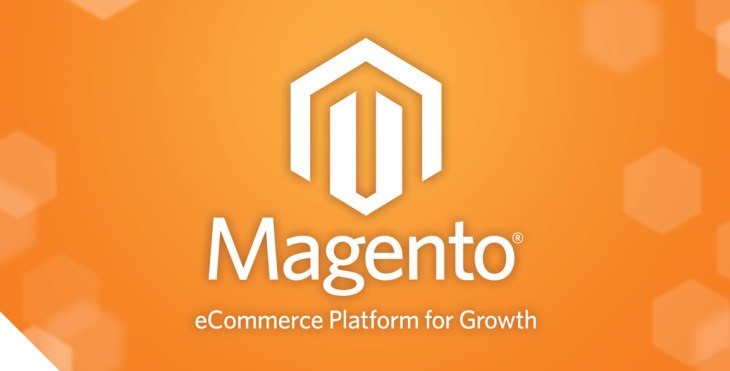E-commerce platform Magento, owned by eBay’s Enterprise division, is closing down two of its products designed to reach small to medium-sized online retailers: Magento Go and ProStores. The company has posted notices and informational guides on both product websites, directing current customers to “Migration Center” dashboards and various FAQ’s that will help them move their businesses to other platforms.
Combined, the two products include around 10,000 merchants.
Bought by eBay in 2011 for over $180 million, Magento is now telling customers via email that the move to shut down these products “was not an easy decision and we understand it may not be welcome news.”
The company also says that the two products will not go dark until February 1, 2015 – well after the busy holiday shopping season, during which time the sites will continue to “operate and perform normally” and customer support will be provided.
However, affected Magento customers can make preparations to migrate their stores ahead of the holidays, if they choose. To aid in the transition, eBay named competitor Bigcommerce as its official migration partner, in part because the company already has experience porting Magento customers to its platform.
In an announcement, Bigcommerce notes that it has already moved over 6,000 ProStores customers to its platform previously, alongside 6,000 more customers from other competitors. It also supports tight integration with PayPal and the ability for clients to sell on eBay, which is what many of the booted merchants will be looking for. Bigcommerce today has over 50,000 customers, and will be offering special incentives to those arriving from Magento, it says.
In a related statement posted online, Mark Lavelle, SVP, Product and Strategy at eBay Enterprise explains that Magento is making this move in order to focus on Magento Enterprise Edition and Magento Community Edition which he positions as “two solutions that better support and better equip small and medium size merchants to prosper in the evolving and increasingly competitive eCommerce landscape.”
However, Magento Community, the open source version of the Magento platform, is generally aimed at larger retailers who need more flexibility with their code. And of course, Enterprise Edition, as its name implies, is not aimed at those with smaller shops, but rather those with millions in online sales.
In the documentation shared with Magento Go site owners, the company explains that “changing market requirements” were a significant factor in its decision to close things down. Meanwhile, the newer versions of its flagship products will offer features not available in Go, it notes, including a new responsive design reference theme, and new payment options to streamline checkout.
Magento, as you may recall, saw a number layoffs earlier this year, with nearly 50 jobs cut from the e-commerce division, according to reports.
And though Magento now stresses in that same client document that it “remains committed to small and medium size businesses,” its move to focus on platforms that generally serve much larger clients says otherwise.
